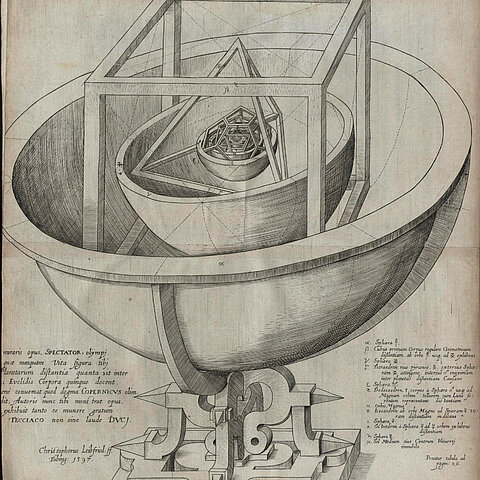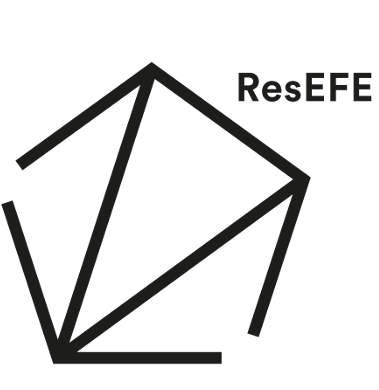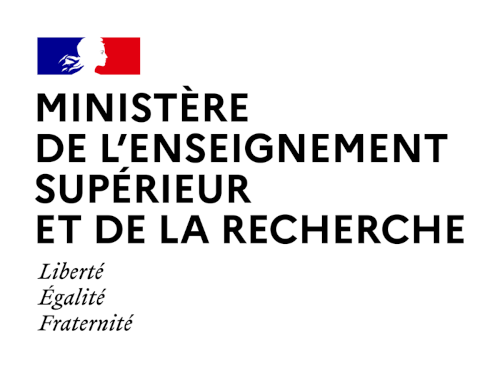Speaker:
Babu Thaliath
Fellow MIAS - François Chevalier
Casa de Velázquez
Salle Pierre Paris
Time: 11:30-13:30
Lenguage: English
The seminar will also be accessible online.
Please fill in the form to get the link to join the seminar.
Abstract:
Axiomatics is the most important basis on which many modern sciences are built. Axioms are causally irreducible first principles which, as such, are considered apodictic or immediately certain and ultimately justified. Therefore, they can also tacitly go beyond the framework of fundamental research, which in principle should re-examine or problematize and expand the axiomatic foundations of sciences. The scientific primacy and intactness of axioms are clearly based on their formal finality and causal irreducibility, which, as is well known, was bestowed on early modern sciences such as Classical Mechanics through mathematical formalism.
Historically, early modern axiomatics was preceded by medieval aporetics. The scientific discourses in the Middle Ages on the phenomenal foundations of the philosophia naturalis, such as space, time, void, place, movement, impetus, gravitation, infinitesimal, etc. proved to be incessant, as the seminal works of Pierre Duhem and Anneliese Maier suggest. This seems to indicate that the mediaeval-scholastic discourses focused on phenomenal aporias, to which the permanence and incessancy of these aporetics can ultimately be attributed. Aporetics hardly achieved an epistemological finality within the framework of scholastic natural philosophy, whereas the early modern axiomatics, in the character trait of final justifications within the paradigmatic context of mechanical philosophy, produced the primary principles of the sciences as axioms and thereby historically established the individual scientific disciplines.
My paper is premised on the fundamental assumption that the mathematical-formal axiomatics of the early modernity was necessarily based on axiomatic-structural intuitions. The epistemological non-finality of medieval-scholastic aporetics necessitated the emergence of axiomatics of the mathematical and material sciences in the early modern period, in which the historically incessant or persistent phenomenal aporias were transformed into causally irreducible and, as such, epistemically final axioms. Axioms as first principles became the cornerstones of sciences; the long aspired epistemological finality of the foundational knowledge led to an axiomatic finality. The paper discusses in general the historical and philosophical transition from medieval-scholastic aporetics to the early modern axiomatics of mathematical and material sciences. It will focus on the systematic development of the idea of structural intuitionism as an epistemological principle of axiomatics from the basic notion of structural intuition, that Martin Kemp had introduced into the scientific discourse in late 90s and has been developing since then. The theory of structural intuitions draws upon the primal resonance between the inner-intuitive and external-phenomenal structures, as represented in both art and science. Such a resonance serves as basis for the aesthetic and the epistemic access to the phenomena, more precisely, to the visible and invisible structures that form plastic arts and the axiomatic-intuitive and the theoretical-deductive methods and procedures inherent in models, analogies and applied operations in mathematical and physical sciences.
Fig.: Mysterium Cosmographicum de Johannes Kepler (Tubinga, 1596).













